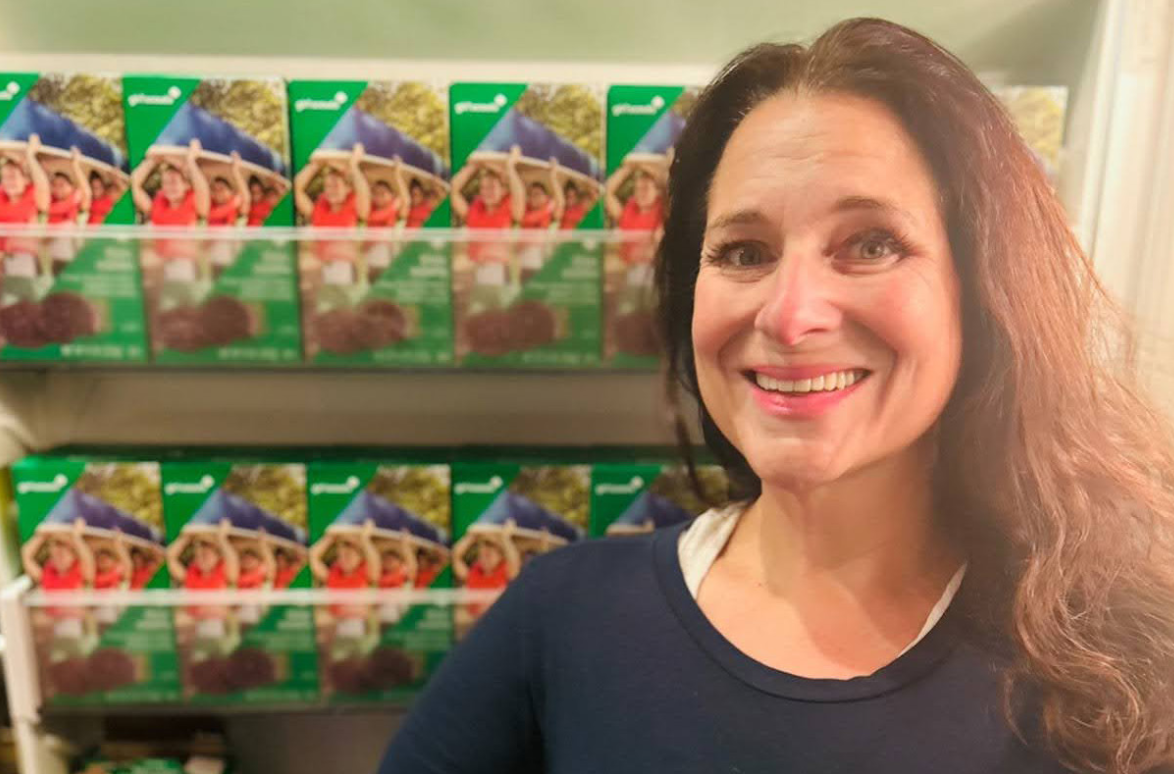Nass Trustee and Alum Jennifer Weiner has lived a flourishing career as a writer. As a No. 1 New York Times Bestselling author and a well-known advocate for feminism, Weiner said she found her writing roots way back when she “worked on the Nassau Weekly from 1988 to 1991.” Back then, Weiner wrote the Nass’s opinion pieces. Unlike any role she had before, this one excited her because she “didn’t have a beat” and “could write about anything [she] wanted, whether it was something happening on campus or in Washington. That freedom, that idea of the entire world being available for [her] to investigate and explore, helped [her] a lot.”
In years following her time at Princeton, Weiner held onto that journalistic freedom. In an email expanding on how her time at the Nass set the foundation for her writing career, Weiner wrote: “It helped me as a journalist, when I wrote about everything from school board meetings to the Pillsbury Bake-Off, and and it helped me as a novelist, because I didn’t feel confined in my writing…I felt like I could take on anything I wanted.”
But before her rise in the literary and feminist worlds, Weiner had to learn the nuts and bolts of the journalism trade. Her favorite Nass memory harkens back to the analog era: “Printing out articles that had been written on Mac Classics, and using Xacto knives and glue to affix them to pieces of poster board, so they could be driven to the printers.” While the occasional comical mishap occurred (“Once [she] accidentally printed the first page of an article twice, and glued two first halves of the article together and left out the article’s second half entirely. This was especially tragic because [she] had a crush on the guy who’d written the article), it was a charmingly tactile process that opened Weiner’s eyes to writing “about anything in the whole wide world that caught [her] attention.”
While the tools and technology have evolved since Weiner’s time at the helm, the same spirit of journalistic curiosity and freedom that captivated her remains alive and well at the Nassau Weekly. The current crop of Nass writers are funneling down that same path Weiner did all those years ago, upholding the tradition of exploring topics from campus, to national, to global issues. At the end of Weiner’s email to me, she noted: “What excites me most about the Nass currently is seeing talented new young writers, and reading what they make of Princeton, and the world.”

Leave a Reply